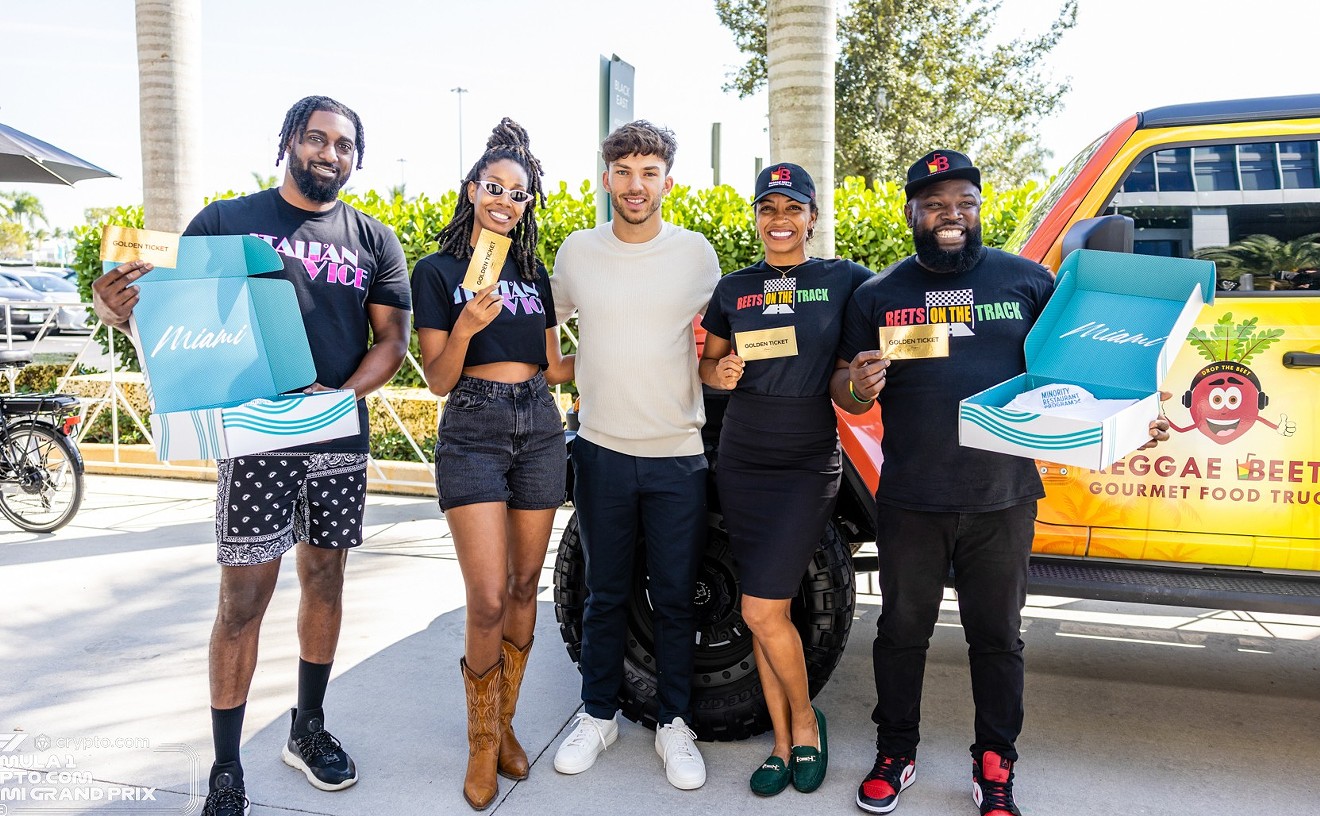Today is world food day. Originally started in 1981 to honor to United Nations Food and Agriculture Organization, it is now used to promote advocacy campaigns for nonprofits. This year, World Food's focus is on ending hunger through Agricultural Cooperatives; however some groups are using the day to honor and mobilize other food related campaigns.
The rally which is being held in conjunction with GMO Free Florida's "Rally for the Right to Know" and Food and Water Watch's "Let Me Decide" campaigns, will include include: Millions Against Monsanto, Florida Right to Know, GMO Free USA, Carighttoknow, Proposition 37, The Institute for Responsible Technology and The Organic Consumer's Association. The event will take place this Saturday October 20, from noon to 3 pm, at the Yellow Green Market in Hollywood. The event will feature live music, speakers, tables of vendors, raffles, and an organic food truck.
Follow @ CleanPlateBPB










